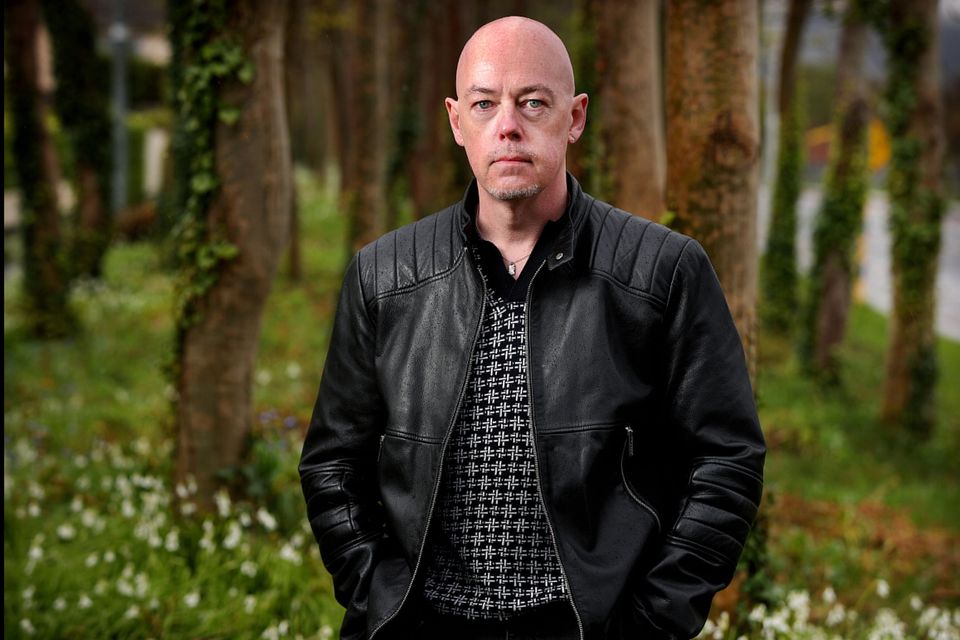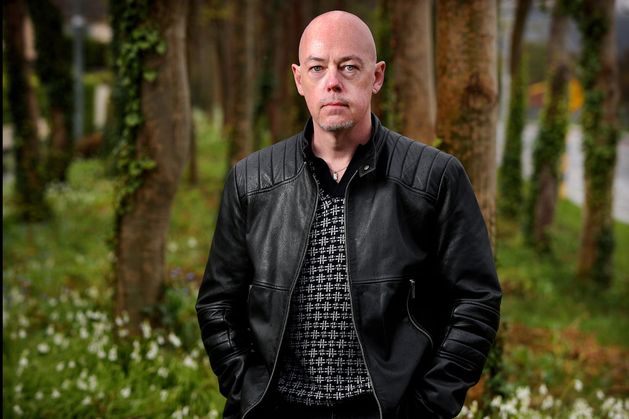Organisers of the Polari Prize said the awards have been put on “pause” but have “already secured strong representation for next year”.
A campaign calling for a boycott of the Polari Prize, which included a statement signed by more than 800 writers and workers in the publishing industry, stemmed from Boyne’s views on transgender issues and support for British author JK Rowling.
Writing in the Sunday Independent last month, Boyne expressed support for JK Rowling and described himself as a “fellow Terf”, an acronym for trans-exclusionary radical feminist, a term for those who describe themselves as feminists but deny that transgender women are women and oppose trans-inclusive legislation.
“We are profoundly disappointed by the Polari prize’s decision to include John Boyne on the longlist for this year’s Polari book prize,” the statement from boycott organisers read.
“In any year, the decision to include Mr Boyne on the longlist would be, in our view, inappropriate and hurtful to the wider community of LGBTQ+ readers and writers. That the decision has been made this year – in the context of rising anti-trans hatred and systematic exclusion of trans people from public life in the UK and across the world – is inexcusable.”

John Boyne. Photo: Steve Humphreys
Today’s News in 90 Seconds – August 19th
Of the 24 authors longlisted for the top Polari Prize, 16 authors withdrew, along with two judges. Nicola Dinan, the author who won last year’s Polari Prize, resigned from the jury for one of this year’s awards.
Sacha Coward, one of the authors who opted to leave this year’s prize, said his decision to leave was “not orchestrated” and each writer made their decision “because of their own sense of integrity as to what the Polari Prize claimed to stand for”.
In a post on Bluesky, he said the purpose of the award was to include transgender, nonbinary and intersex authors and the issue was “not with Boyne as a person, but with his statements about transgender people and those who support them”.
“Irrespective of how John feels, his words are simply not compatible with an inclusive prize that celebrates all LGBTQ+ people. Just like a racist statement would not be allowed in a prize for writers of colour, or a sexist statement tolerated for a prize for feminist writers.”
Jason Okundaye, another author who withdrew from the Polari Prize, wrote in The Guardian that Boyne’s “viewpoint is abhorrent” and a previous statement issued by the organisers prompted him to “immediately” withdraw.
He wrote: “The prize claims that it does “not eliminate books based on the wider views of the writer”. But a prize claiming to be a celebration of LGBTQ+ inclusion should know that the condition of trans people isn’t reducible to a debate in which people are simply holding “different positions” – they are a minority group facing unprecedented levels of harassment and political antagonism.”
Okundaye said the authors who withdrew from the prize have been referred to as the “Trans Taliban” and “Queer Isis”, and accusations have been made of freedom of speech and expression being compromised.
“But we have not called for his books to be pulped, and evidently he has, and continues to be, more than free to share whatever views he likes and write as many books as he wants.”
Organisers released a statement confirming the decision to pause this year’s Polari Prize, committing to increase “representation of trans and gender non-conforming judges on the panels for all the awards and undertake a governance and management review to include our aims and values and work to better support everyone within our LGBTQ+ Polari community.”
Co Dublin native Boyne, best known for his historical novel The Boy in the Striped Pyjamas, was named on the longlist for the 2024 novella Earth.
The decision to pause this year’s Polari Prize marked a change of heart for the organisers, who previously said they were “committed to going forward” despite the controversy over Boyne’s inclusion, saying he had been longlisted on merit.
A statement released on August 7 said it was “inevitable” that even within the LGBTQ+ community, “we can at times hold radically different positions on substantive issues”.
Writing in The Telegraph following the cancellation of this year’s Polari Prize, Boyne said the statement released by Polari’s organisers “worries” him and it seemed “absurd and wrong” for debut writers who withdrew from the prize to lose out on an opportunity.
In a statement posted on X last week, Boyne said he had been a victim of “bullying” and been subject to “endless harassment at the hands of both strangers and fellow writers”.
He asked that Earth not be considered for the shortlist should those who withdrew from the Polari Prize decide to return.
